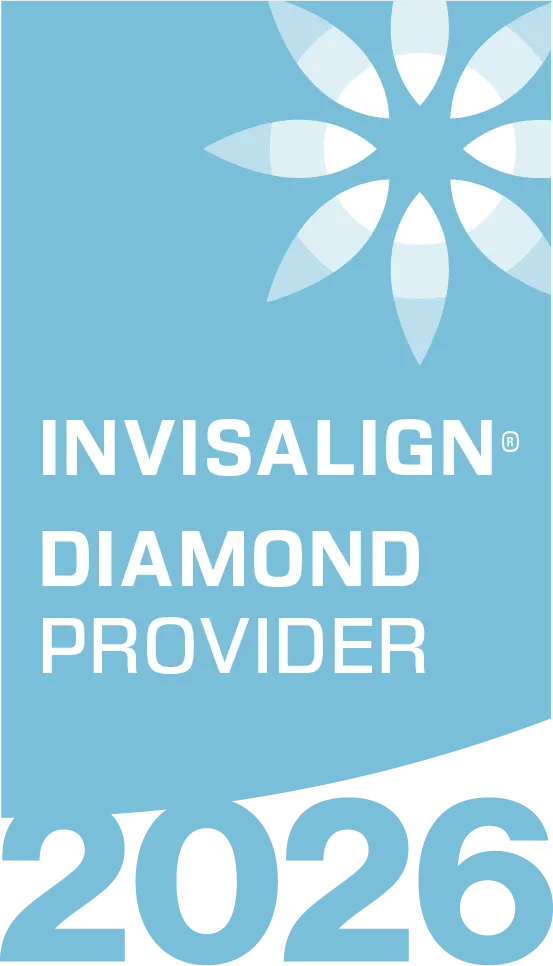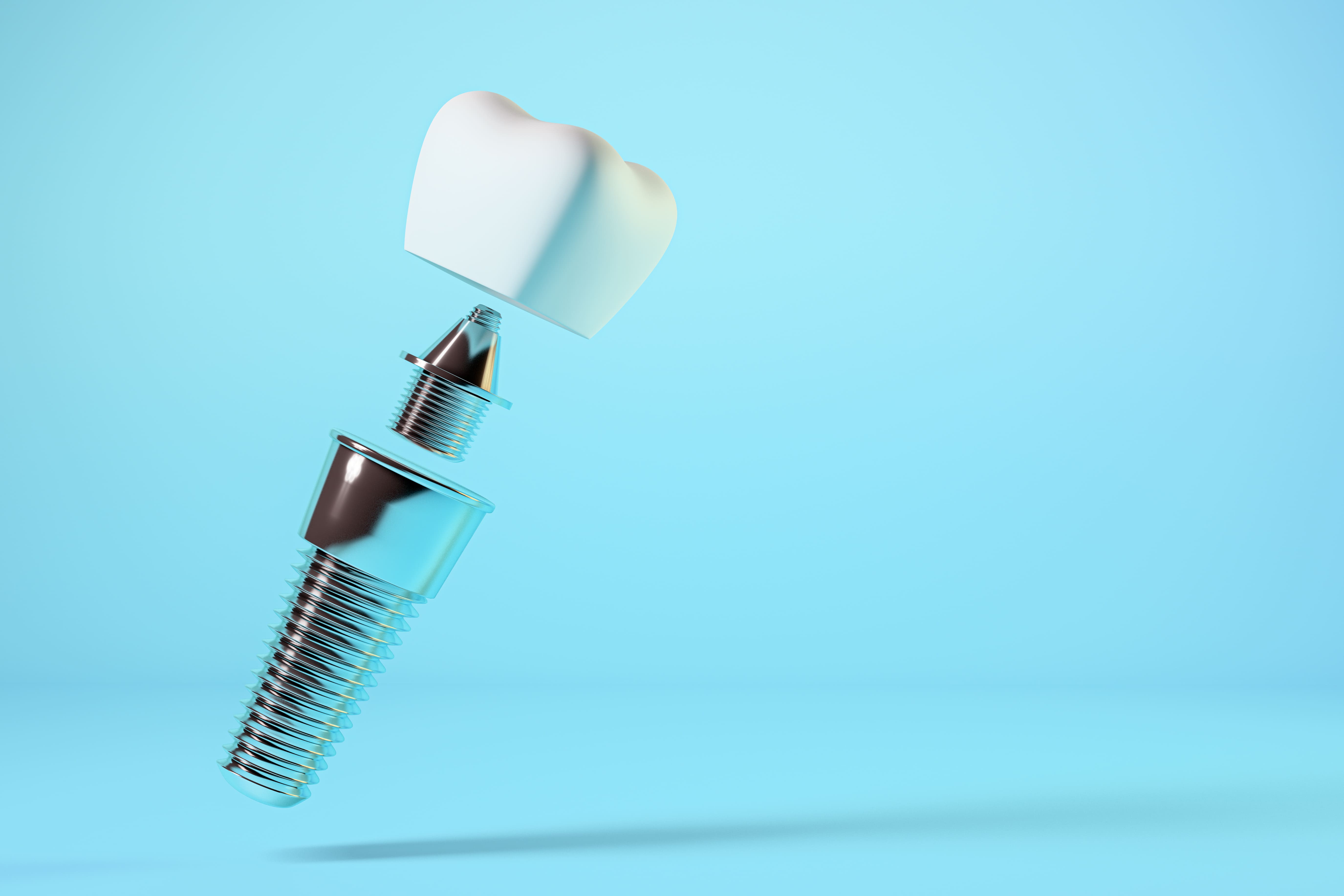If you've ever wondered whether a root canal procedure can save your tooth, you've come to the right place. A root canal procedure can save your tooth and alleviate the pain caused by an infected or damaged pulp. It is a highly effective treatment that allows you to keep your natural tooth intact, avoiding the need for extraction and potential complications.
Understanding the Purpose of a Root Canal
A root canal treatment aims to save your natural tooth from extraction by addressing an infection or damage deep within the tooth's structure. You see, beneath that shiny enamel lies soft tissue called pulp, which houses nerves and blood vessels.
Sometimes, due to severe decay or trauma, bacteria can find their way into this delicate pulp chamber, causing infection and intense pain. This is where a root canal comes in - it removes the infected pulp, disinfects the area, and seals it off with a filling material. By carrying out this procedure, dentists can effectively eliminate pain while preserving your natural tooth - a win-win situation! Contrary to popular belief, modern advancements in dental technology have made root canals relatively comfortable, with minimal discomfort during and after the treatment.
So next time you hear "root canal," don't fret! It's not something to dread but rather an opportunity to save your precious tooth from extraction. Understanding its purpose can help alleviate any fears you may have about undergoing this beneficial procedure.
Signs and Symptoms That You May Need a Root Canal
- One common symptom is an intense and throbbing toothache that doesn't go away even with over-the-counter painkillers. This can indicate an infection deep within the tooth's pulp, which requires immediate attention.
- Another indication is prolonged sensitivity to hot or cold foods and beverages. If sipping on your morning coffee or enjoying a scoop of ice cream sends sharp shooting pains through your teeth, it's time to see your dentist.
- Swollen gums around the affected tooth are also worth noting. The inflammation occurs when bacteria from the infected pulp spread into the surrounding tissues. In some cases, you might notice small pimples near the gumline, known as dental abscesses.
- Additionally, if there is visible discoloration of your tooth or if it feels loose, these are potential red flags for needing a root canal treatment.
Remember not to ignore these warning signs! Early detection and intervention can save your natural tooth and prevent further complications down the road.
The Process of Getting a Root Canal Procedure
The process of getting a root canal procedure may sound intimidating, but it is actually a fairly straightforward and effective treatment for saving an infected or damaged tooth.
First, your dentist will begin by numbing the area around the affected tooth to ensure you are comfortable throughout the procedure. They will then create a small access hole in the top of the tooth to reach the infected pulp inside. Next, using specialized instruments, your dentist will carefully remove the diseased pulp from within the tooth. This step is crucial as it eliminates any infection and prevents further damage to surrounding tissues.
Once all of the infected tissue has been removed, your dentist will clean and disinfect the inside of the tooth thoroughly. This helps to ensure that no traces of bacteria remain that could cause reinfection or complications. After cleaning out and disinfecting the interior of your tooth, your dentist will fill it with a rubber-like material called gutta-percha. This filling helps to seal off and protect against future infections.
Depending on your specific case, a crown or other restoration may be placed over the treated tooth for added strength and protection.
Our dentists at Rand Center for Dentistry in Flanders, NJ, provide the best dentistry solutions and the best dental care for patients. To learn more and schedule an appointment, call (973) 370-8917.
.webp)





